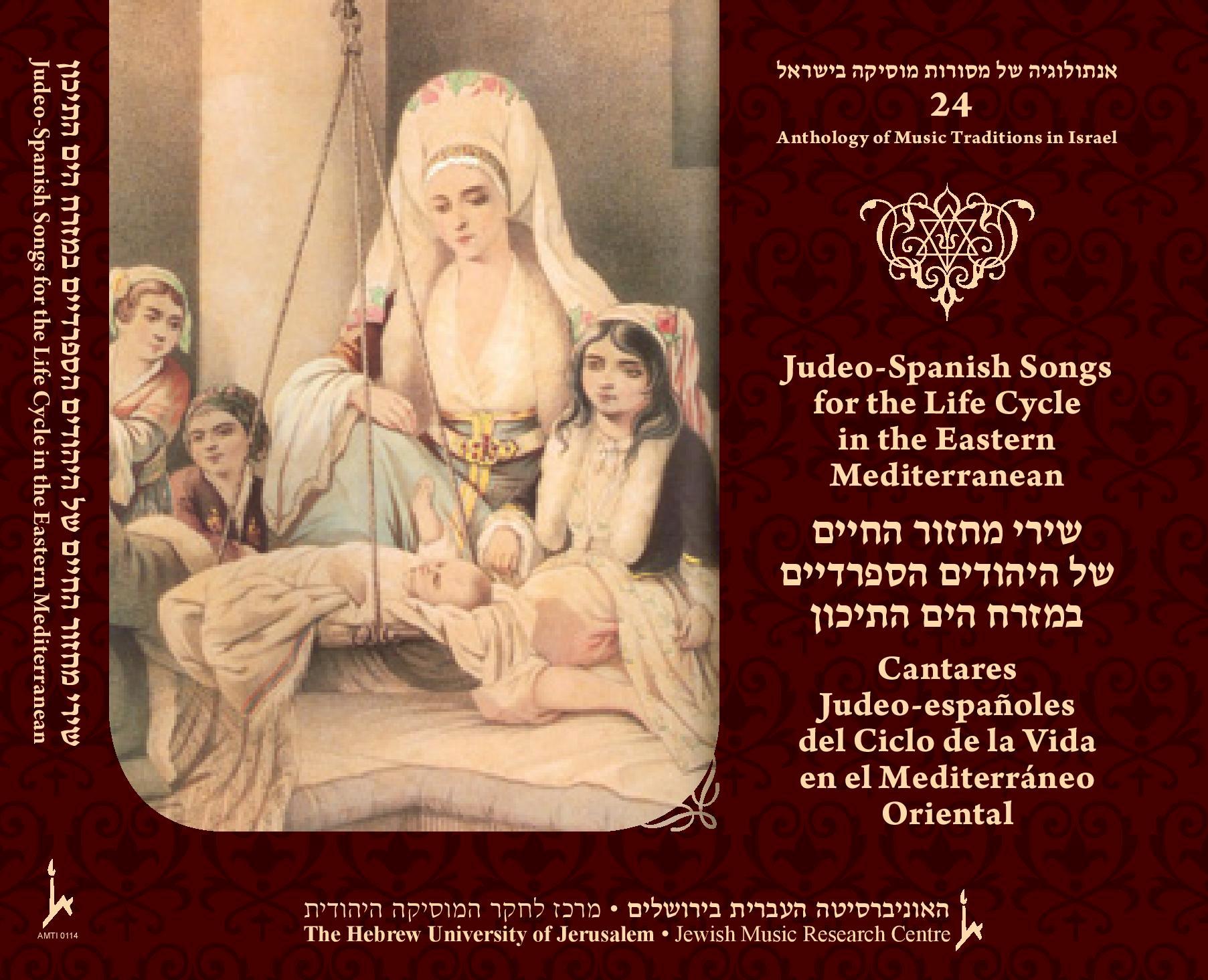Mazaltó Lazar, Victoria Peres, Luna Franco, Fortunée Israel, Vita Sarova (Sofia)
38-40. El regateo de las consuegras
These are three variants of a serial song performed at the dowry’s exhibition. The song is formulated as a debate between the two mothers-in-law. The groom’s mother criticizes the dowry prepared for the bride: “You give too little, motherin-law, to your dear daughter!” After each strophe, the following verse is repeated as a refrain: “It is still not enough, mother-in-law, you give too little to your dear daughter!” (using the Turkish word yene for “still”). To each accusation, the bride’s mother responds with one of the items given in the dowry: seven dresses, one for each day; seven pants, to change one for every day; a golden necklace, to enjoy it with her groom; a slave to walk her first child. The second version opens with a blessing from the groom’s mother to the bride’s mother: “Live long, mother-in-law, what did you give to your daughter? You gave nothing to your daughter.” This opening becomes the refrain. To each demand, the bride’s mother responds, as in the former version, with the list of her dowry: seven long pants, one for each evening; seven shirts, one for every day; a necklace of pearls to enjoy with her mother-in-law; seven coffers in which to put her dowry, to open them and to close them; and burned beans for her sisters-in-law. When the bride’s mother then asks the groom’s mother what she gave, the latter answers that she provided a young boy, with no beard or mustache. The third variant adds a strophe about a silk bed in which the woman will lie when she gives birth.




